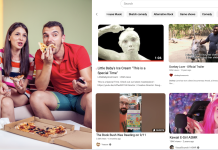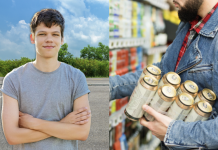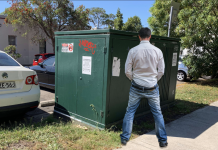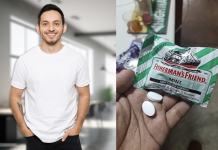
CLANCY OVERELL | Editor | CONTACT
With a warehouse based in the creative hub of Betoota’s Old City District, the iconic fashion label Niú-Shǐ has been leading the charge on a vast array of socially progressive causes for the last two decades.
Owner and designer, Madonna Merlot (46) was one of the town’s most vocal business figures when it came to fighting for marriage equality, and Black Lives Matters, and the Climate Strikes, and whatever else she thought a high-end women’s clothing brand could help advocate for.
However, despite the best intentions, the growing issue of fast fashion has always been somewhat of an exposed achilles for both Madonna and Niú-Shǐ.
Because, no matter how many gay people get married, or how many online petitions get signed – this tireless commitment to both corporate and social responsibilities doesn’t change the fact that 800,000 tonnes of clothing and textiles are discarded by Australians each year, 90% of which ends up in landfill.
Or the even more mind-blowing statistic that Australians acquire on average 27 kilos of new clothing per person per year, chucking out 23 kilos, per year.
This environmentally catastrophic trend is known as ‘fast fashion’ – a term used to describe inexpensive clothing produced rapidly by mass-market retailers in response to the latest trends.
It is a waste crisis that has only accelerated with the invention of online shopping, and has now gotten to the point where major charities are begging Australians to please consider the quality of their second-hand clothing donations.
While Niú-Shǐ is contributing heavily to this environmental disaster, Madonna believes that slight changes to their business model could earn her brand the highly-sought after badge of ‘sustainable’.
By simply changing her manufacturers from their previous non-sustainable Chinese sweatshop to the most environmentally-friendly Uygher slaves in the Xinjiang Autonomous Region.
“We are really happy with our new production team” Madonna tells the Betoota Advocate.
“They are completely transparent with the supply chain”
“They have strict bans on bubble wrap and microplastics”
“Furthermore, I’m told they don’t even let their drive cars to and from work. They just keep them there 24/7”










